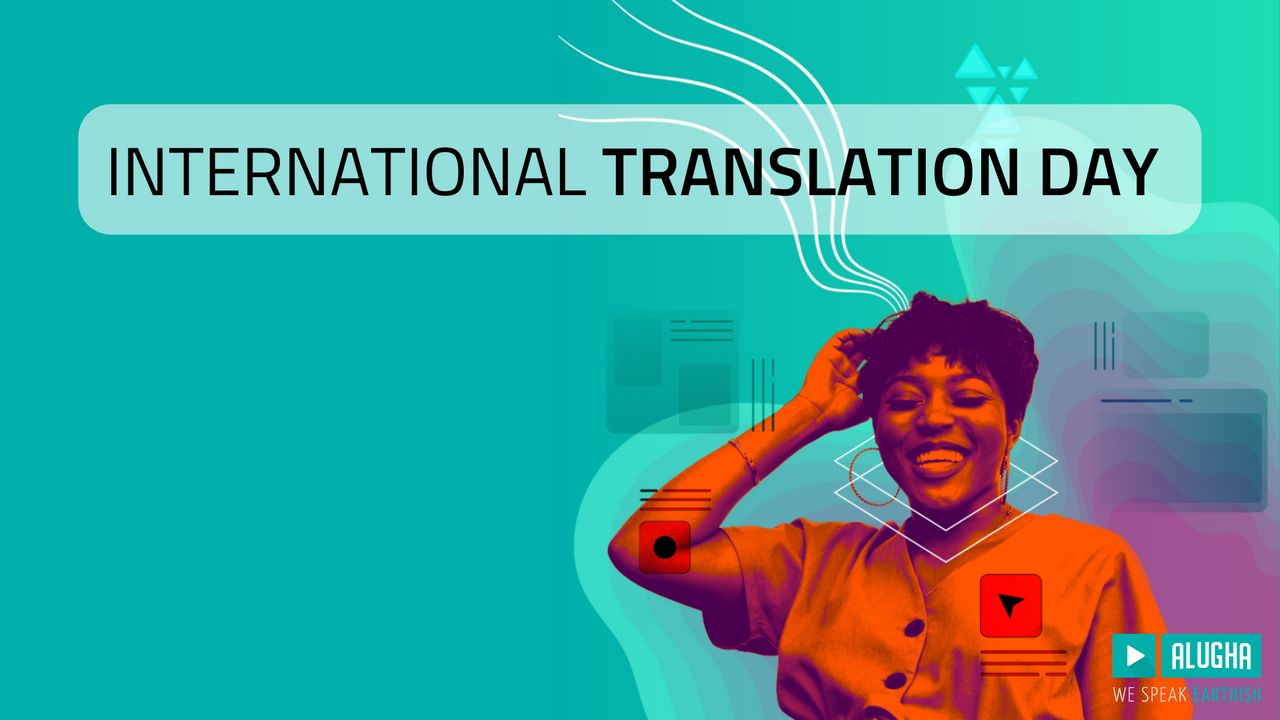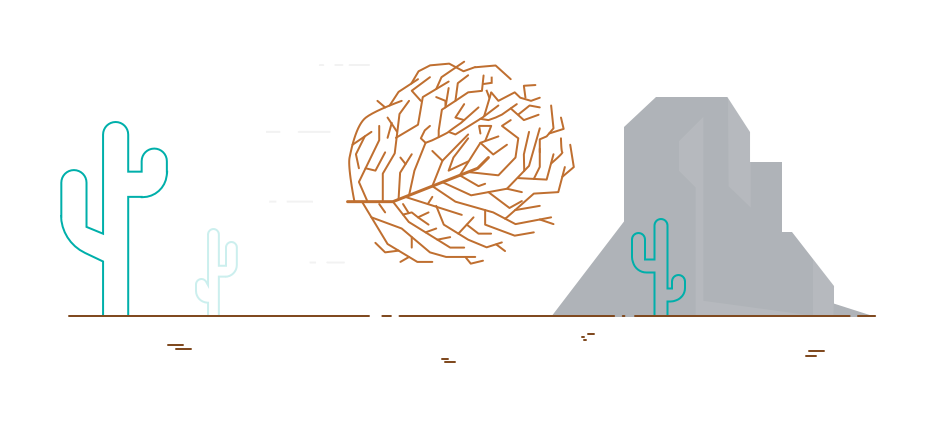alugha goes podcasts
Thanks to alugha, it is now possible to listen to podcasts, to enregister them as well as to trancribe and to multilingualise them
Every year on 30 September, International Translation Day is celebrated. The aim of the day is to shed a light on translation professions and the future of translation.

Read this article in: Deutsch, English
Estimated reading time:3minutes30 September is also the day of St Jerome, a Church Father who translated the Bible into the Latin in use at the time, the Vulgate. He is also considered the patron saint of translators.
The job description of translators and interpreters has changed a lot due to digitalisation, automation and artificial intelligence. Many even believe that machine processes will replace humans entirely. However, this is unlikely, as a computer will not understand humour, irony or sarcasm, and these cannot be translated 1:1. This is because a translation does not only consist of a purely semantic transfer. Rather, knowledge of the world is also required in order to strike the right note in diplomatic texts, for example. This is the task of the translation profession. Automated translations, however, can support humans and, for example, do the "rough" translation in advance. This would speed up the entire translation process.
Nowadays, people already pay attention to a certain "translatability" in texts. For this, texts should contain a simple sentence structure or be peppered with bullet points, as well as be concentrated on the essentials.
International Translation Day has a different motto every year. This year's motto is "A world without barriers".
A single person trained as a translator or interpreter cannot overcome all these barriers and it also exceeds the classical, populist definitions of this profession.
Not all barriers can be overcome, but translators make a crucial contribution.
#alugha
#wespeakearthish
#multilingual

Thanks to alugha, it is now possible to listen to podcasts, to enregister them as well as to trancribe and to multilingualise them
Podcasts enjoy great popularity. However, you still don't find transcripts for them that often. But why do you actually need a podcast transcript? And how do I create one?
The year 2023 has started and the alugha team wishes you a happy, healthy and successful new year. We also have a tip for you: start your year multilingually!